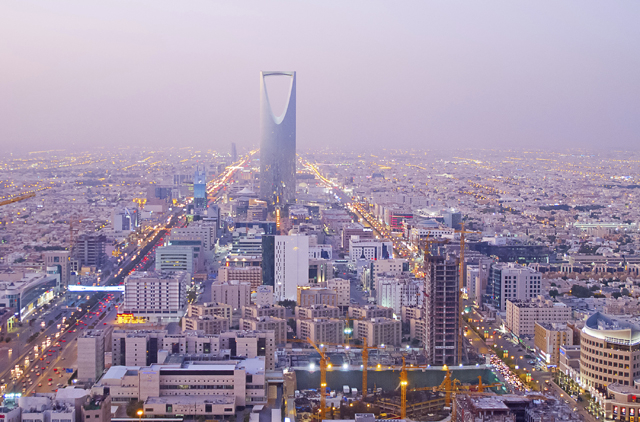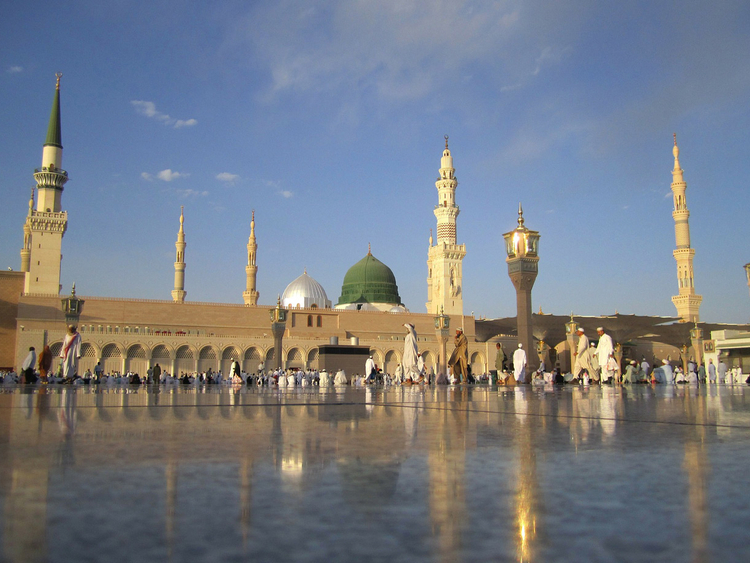RIYADH: Saudi Arabia will on Thursday unveil a 72 billion-riyal ($19.2 billion) program to bolster private-sector growth in 2018, with money to support housing construction as well as fee waivers for small businesses, Commerce and Investment Minister Majid Al Qasabi said.
The package, part of a four-year stimulus program announced last year, contains 17 separate initiatives the government hopes will result in direct and indirect job creation, Al Qasabi said in an interview in Riyadh. It’s a key component of the kingdom’s Vision 2030 economic-transformation plan ahead of the 2018 budget due next week.
“Next year is the year for stimulus,” Al Qasabi said. “That’s how we will strengthen our bonds with local and international investors.”
Saudi authorities are trying to revive an economy battered by the slump in crude prices and government spending cuts, which caused non-oil growth to stagnate. To wean the kingdom off its dependence on fossil fuels, Crown Prince Mohammad Bin Salman is opening up mining, logistics, tourism and entertainment and other industries to investment and. Under the direction of Al Qasabi’s ministry, the government is also drafting news laws to attract capital.
Job Creation
Al Qasabi said the stimulus package includes 21 billion riyals for housing and 14 billion more in part for efficient home design and engineering. An additional 5 billion riyals will go toward an export-import bank.
The government also will reimburse fees paid by small and medium-size businesses for a period of four years and selectively provide other breaks to incentivise job creation, the minister said. Saudi Arabia has one of the world’s highest youth unemployment rates, and Prince Mohammad had made reducing it one of his priorities.
The stimulus package is but one part of the grand plan to turn Saudi Arabia into a modern, globally competitive economy. Another is legal reform.
Legal Reform
Saudi Arabia, for example, has never had a comprehensive law governing bankruptcies, leaving both borrowers and creditors in limbo. Al Qasabi said he expects a bankruptcy law to be in place in about three months and separate laws for commercial asset-based financing and franchising within six months. The Shura Council, an advisory body, passed a draft bankruptcy law on Wednesday.
“Uncertainty is the enemy of investment,” he said. “We need to restore investor confidence in Saudi Arabia. We need to benchmark against other countries that have these laws.”
Al-Qasabi said logistics and municipal utilities are likely to be some of the next state-owned industries to be privatised. He expects some port activities to be sold by the end of 2018, with water, sewage and public parking among those to follow.














